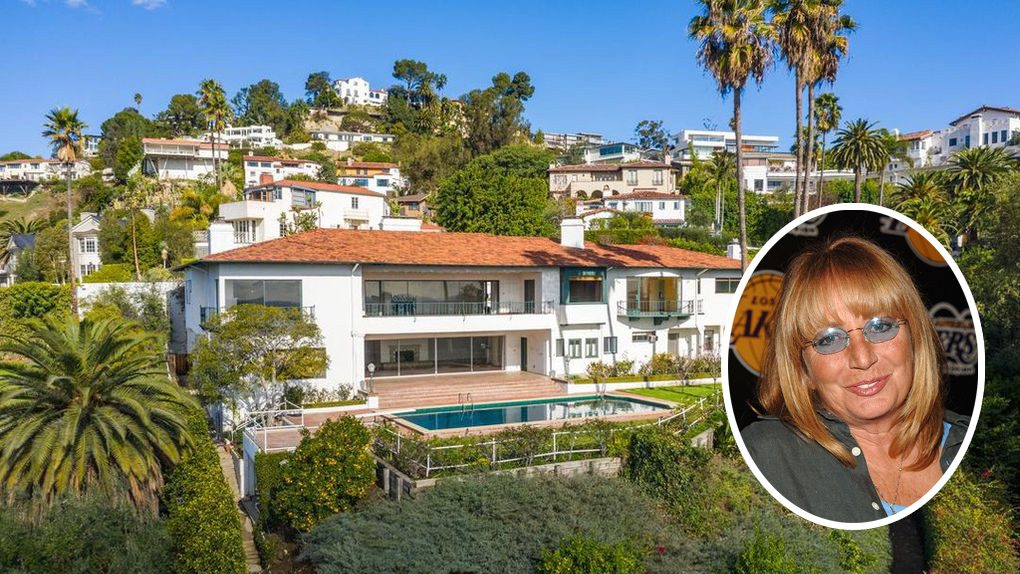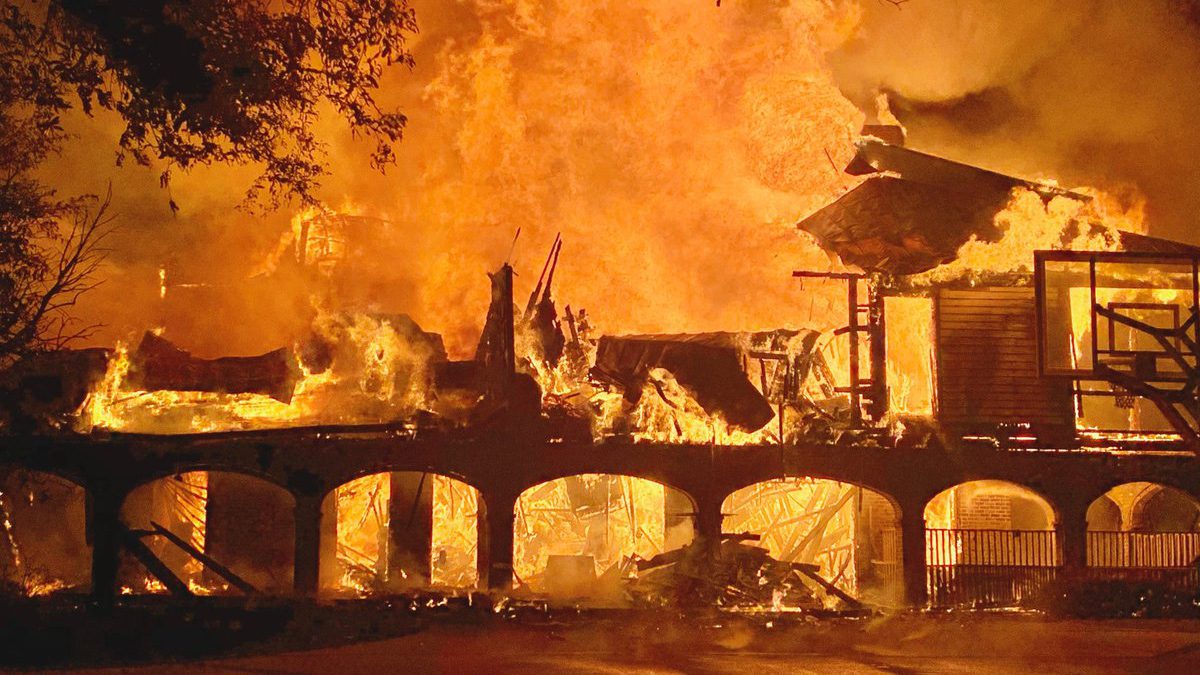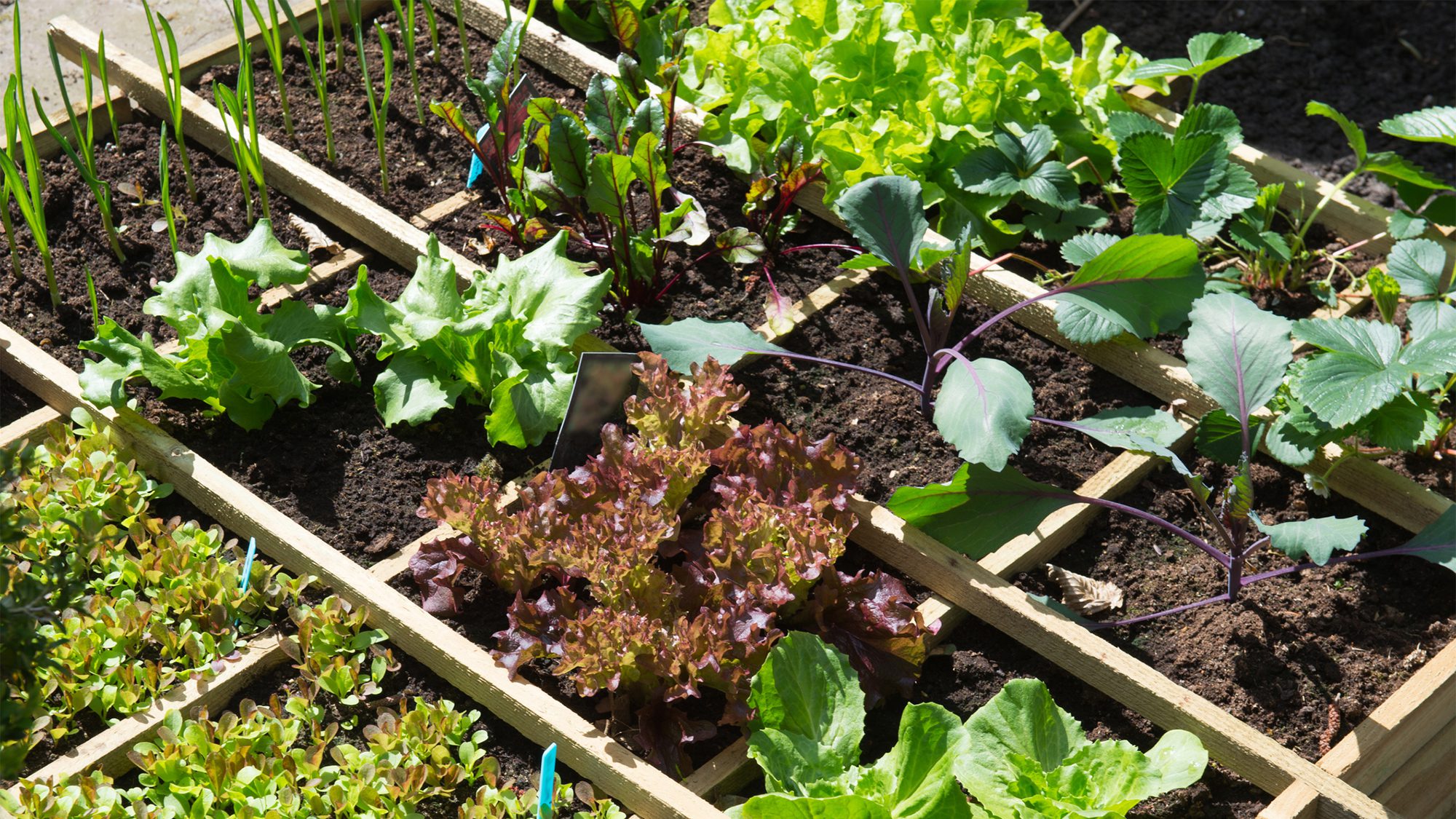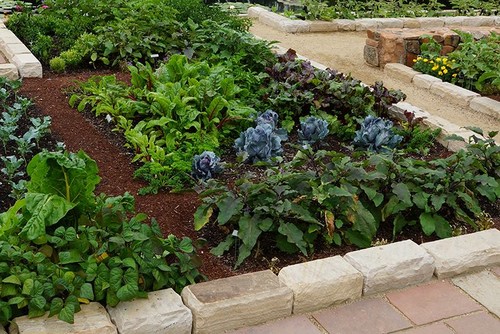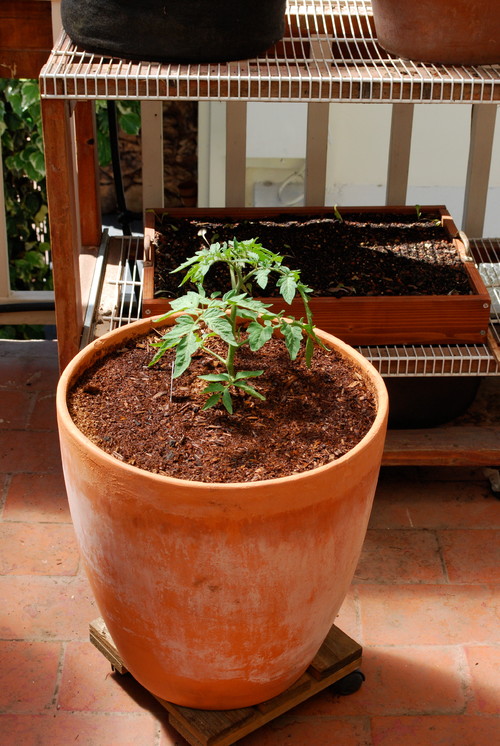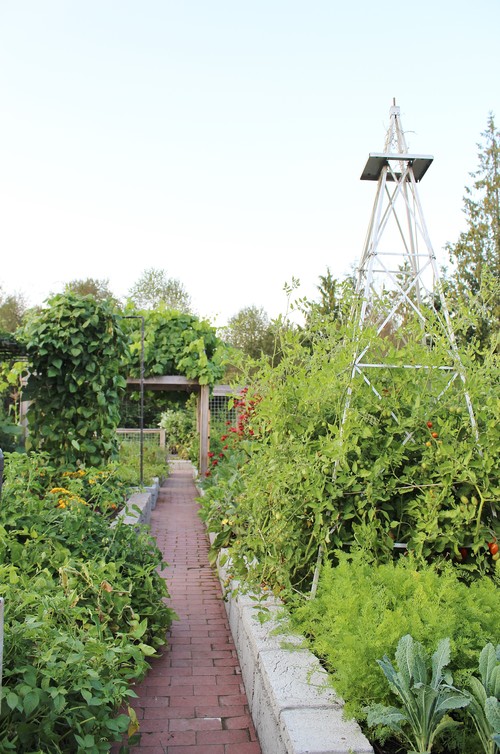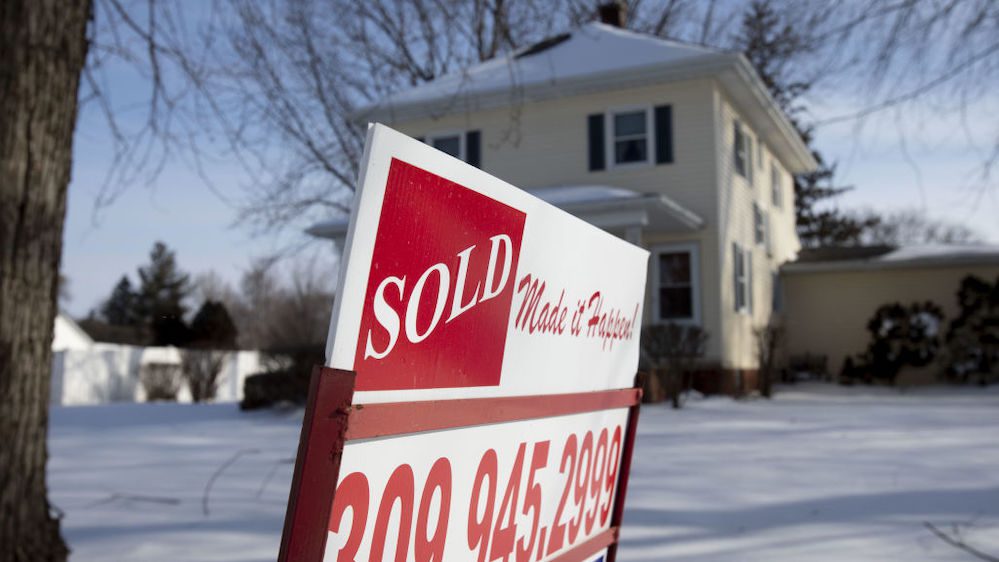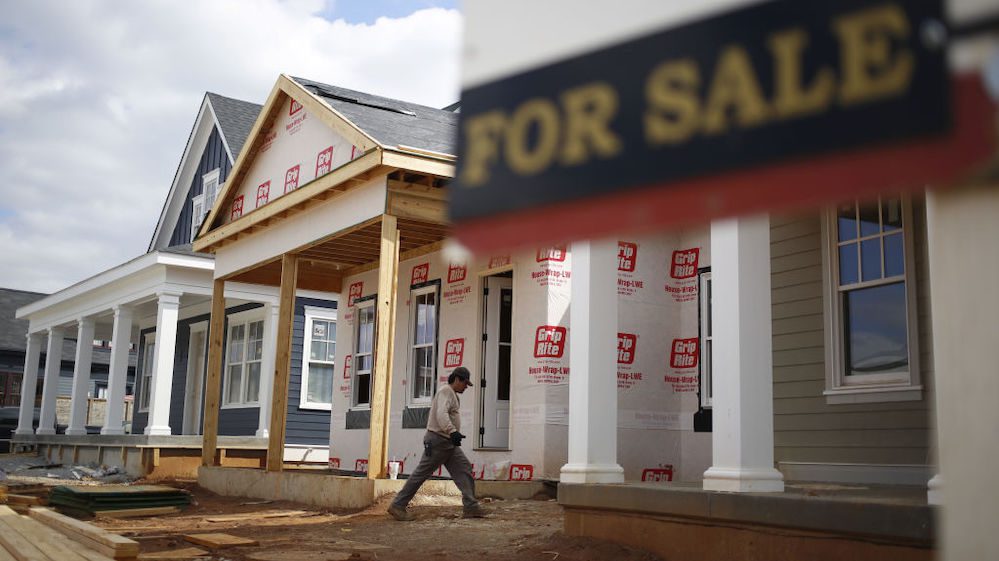
Luke Sharrett/Bloomberg via Getty Images
Real-estate agents are rushing to help home buyers and sellers close pending house sales, as the pandemic poses unprecedented obstacles to a high-touch process traditionally done in person.
House hunting usually involves a lot of contact, from the initial tour or open house to the final inspections and appraisal. The official closing is often an in-person meeting with a notary or attorney who oversees document signings.
With the coronavirus pandemic bringing shelter-in-place orders, the real-estate industry has been compelled to find workarounds for every step of this process, often having to navigate local requirements and consumer anxiety.
Home sales are now closing in parking lots where attorneys pass documents through car windows and throw away pens after each use, said Leslie Turner, founding partner at Maison Real Estate in Charleston, S.C.
“Everything’s just stopped” in terms of new business, she said. “We’re just trying to get the properties that we have under contract across the finish line to close.”
While some of the technology to enable remote home closings has existed for years, many real-estate companies are adopting it en masse for the first time.
“This is a business that time forgot,” said Vishal Garg, chief executive of online mortgage company Better.com. “It operates literally on paper and fax.”
Some state Realtor associations are recommending addenda for home-purchase contracts that extend closing dates if pending closings are delayed because of the pandemic. Buyers and sellers are also scrambling for alternatives to in-person inspections and appraisals, which are traditionally required for sales and loans to go through.
“It’s been a really challenging time,” said Kelli Griggs, co-founder of Navigate Realty in El Dorado Hills, Calif. “It’s just been a different focus—rescuing deals versus trying to procure them.”
Pending home sales rose 2.4% in February from a month earlier, the National Association of Realtors said Monday. Pending sales usually predate closings by one or two months, the association said.
Companies that sprang up in recent years to offer remote solutions for home buyers and sellers say they are seeing unprecedented demand.
Notarize, a five-year-old company that enables documents to be notarized online, expects to process at least $100 billion in transactions on its platform this year, up from about $10 billion last year, said Chief Executive Pat Kinsel.
“A lot of our partner industries are in crisis right now because they cannot complete really important transactions,” he said.
More than 20 states already have laws allowing electronic notarization, and a handful of others, including New York, issued executive orders in March to permit them. A federal bill on electronic notarization was introduced in the Senate in March.
Many notaries, home inspectors and appraisers are self-employed or employed by small businesses. Most of them are still allowed to work, even under various shelter-in-place orders around the country, but many are choosing not to out of health or safety concerns, according to industry groups. Moving companies are also still allowed to operate in many cities and states.
Nick Gromicko, founder of the International Association of Certified Home Inspectors, estimated that three-fourths of the 30,000 home inspectors in the U.S. and Canada are unwilling to do inspections right now. “Financially, it means that it’s going to hurt them,” he said.
Miller Samuel Inc., a New York City appraisal and consulting firm, stopped doing interior appraisals in mid-March, said Chief Executive Jonathan Miller. More lenders are accepting “drive-by” appraisals based on exterior inspections or “desktop” appraisals based on tax records and other documents, he said.
“We’re needed to help keep the economy going,” he said, but “I’m not knowingly sending my staff into harm’s way.”
The Federal Housing Finance Agency on March 23 directed Fannie Mae and Freddie Mac to accept alternatives to in-person interior appraisals until May 17.
But some lenders are still requiring interior appraisals, said Bill Garber, director of government and external relations at the Appraisal Institute. “If [appraisers] do have concerns, our suggestion is to reject the assignment,” he said.
Another obstacle is each county’s recording office, which keeps property ownership records. As of midday Monday, 149 county recording offices around the U.S. were closed, another 998 had reduced hours or service, and the status of almost 2,000 was unknown, according to the American Land Title Association, which is crowdsourcing the information from its members.
In the counties with closed offices, “it’s near impossible to actually complete a mortgage closing,” said Steve Gottheim, senior counsel for the association.
Most Americans live in counties that allow electronic recording, but some offices are still paper-based, he said.
The longer these offices stay closed, the higher the risk that documents could be recorded in the wrong order or that the lack of timely property information could enable fraud, he said.
“Between appraisals and notaries and county clerk’s offices, there’s a lot of obstacles to just getting people to be able to close their mortgages,” Mr. Garg said.
As more companies enable remote closings, real-estate executives said the increased use of technology in the closing process could become permanent for consumers who prefer the convenience.
Darry Dykstra used electronic notarization in late March to remotely close on the sale of an investment home in Plant City, Fla. “It was pretty much a no-brainer,” he said. “Even without the coronavirus, I don’t see me going to the closing table anymore.”
The post Coronavirus Forcing Home Buyers to Scramble to Close Deals appeared first on Real Estate News & Insights | realtor.com®.
source https://www.realtor.com/news/real-estate-news/coronavirus-forcing-home-buyers-to-scramble-to-close-deals/

